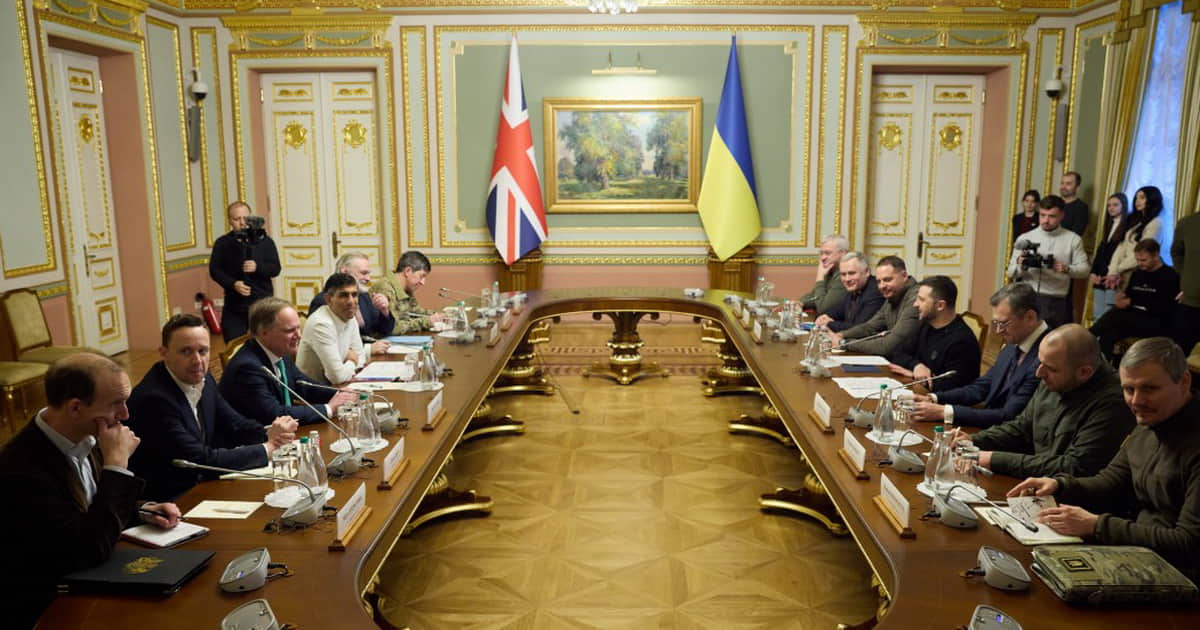Why security agreement with UK better than Budapest memorandum but does not guarantee victory over Russia

The UK has decided to outpace the United States and reached an agreement on the most ambitious "security assurances". It incorporates all the ideas discussed in Vilnius, but it should not give us to believe in unrealistic expectations for the agreement. Read more in the detailed analysis by Sergiy Sydorenko, European Pravda's edito - Security without guarantees.
What included in agreement with UK and why it is victory. The analysis is about the main 15-page agreement without "executive and technical agreements," which have not been published. The British government legally commits itself to provide Ukraine with military support for 10 years. The document recalls that in 2022-23, assistance amounted to GBP2.3 billion, in 2024 it will be GBP2.5 billion.
Future governments will decide on funding for the next 9 years. Overall, a significant part of the document is dedicated to military support, but with a minimum of specificity. Several large sections are devoted to building Ukraine's capability to independently manufacture military products.
Special attention is drawn to the reconstruction of the Naval Forces of Ukraine and the UK is very string in this field. There are several specific commitments from them. The security agreement with the UK is built around the idea that it is a temporary mechanism designed to facilitate Ukraine's NATO accession.
It guarantees limited security commitments from London until NATO membership. The agreement outlines the procedure in case, after the end of the current war, if Ukraine has not joined NATO by then, and a new Russian invasion of Ukraine begins. In this case, London commits to consult with Kyiv within 24 hours to determine what assistance and in what quantities Ukraine should receive.
The UK pledges, from the first days of a potential new war with Russia, to provide an even greater range of weapons than Kyiv currently receives. In addition to the fact that the Armed Forces of Ukraine should be significantly stronger by then. The most common criticism of the agreement is that it is just "security assurances" (a term used in the Budapest Memorandum), so it's another Budapest Memorandum.
The key problem with Budapest was that it did not involve any commitments from Western partners, just some consultations at some point. The security agreement with the UK is classic security commitments and quite powerful. It was worth it to strive for it. Another "reason" for doubts about the effectiveness of the British agreement is that it does not require ratification.
So, supposedly, it's "another Budapest." This is also an unfounded claim. Interstate agreements do not necessarily have to be ratified.
Although the law does not require Ukraine to ratify the agreement with the UK, the parties could have included such a provision in the agreement. The fact that they did not is a political mistake of the Office of the President, which led the negotiations, and the biggest flaw in the strategic British agreement. If there is no doubt in the further British assistance, there may be problems with other countries if they do not ratify the agreement in their parliaments due to changes in power.
There are also several provisions in the text that can be called at least suboptimal.
If you notice an error, select the required text and press Ctrl + Enter to report it to the editors.